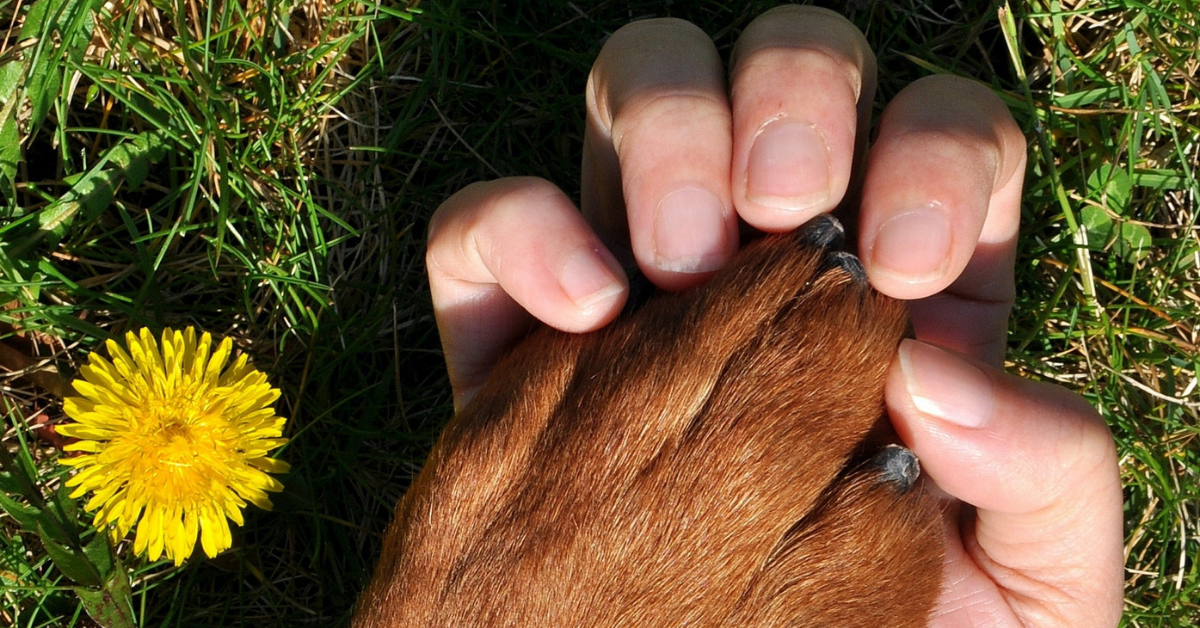
Finding a Grief Counselor for Pet Loss
Grief can be the most overwhelming of all emotions. It can leave us feeling completely lost and helpless regardless of whether we grieve for the loss of a person or a pet. Unfortunately, there remains some stigma over getting help for grief and other emotional distress, particularly as it pertains to the loss of a pet.
It is easy today to find a variety of resources on grieving in general and grieving over the loss of a pet specifically (see the end of the article for links to many resources). A variety of people and professions say that they are qualified as grief counselors, but how can you know if the person you are sharing your deepest feelings with about the loss of your pet is qualified to help? The aim of this article is to give you some things to consider when looking for a grief counselor.
Qualifications
Most of us are most comfortable around those we feel share our ideas about the world. So, finding a grief counselor who shares similar ideas about life and death, living and dying might be a good place to start when thinking about finding a grief counselor. Most states in the US don’t have specific licenses or necessary qualifications for “grief counselor”; it usually falls under mental health, psychology or psychiatry, all of which have qualification and license requirements at various levels in every state. It’s important to remember that many insurance plans will pay for grief counseling or therapy but only with a qualified, licensed mental health professional.
All of these professions also have state and national professional associations such as The Illinois Psychiatric Society and The American Psychological Association. Several local and national organizations for professionals of different kinds focus specifically on death or grieving such as the Association for Death Education and Counseling and the Association of Pet Loss and Bereavement, which can help you find a qualified grief counselor.
Referrals – personal & professional
Many of us turn to our friends and colleagues or others close to us when looking for a barber, doctor, landscaper or caterer. Why shouldn’t we use these same network connections to find a counselor? You probably don’t want to announce at your weekly sales meeting how torn up you are since Spot the cat passed on, but maybe you know someone at the office or the gym who recently experienced a loss. It’s possible that discreetly asking about how they coped with their loss will not only provide you with a quality referral, but make the person you ask feel important and cared for as well. If you don’t feel comfortable asking anyone you know to recommend a grief counselor, there are many professional referral organizations both online and offline.
If you have health insurance and want to use it to pay for counseling, ask your carrier for their list of qualified providers.
Group counseling
Besides seeking individual one-on-one therapy with a professional grief counselor, which can be very expensive especially without insurance, many organizations today such as churches, self-help groups and even animal-oriented organizations offer semi-structured, group grief counseling. This is often an easier and more cost-effective option and has the added benefit of group reinforcement.
Losing a loved one, human or animal, is one of the most difficult and traumatic events any person can experience. Coping and moving forward, for some, can take years, if ever. Seeking the help of a qualified professional grief counselor to help you through the process of grieving for your pet is the first step in gaining helpful tools to cope with the loss, help other family members (including other pets) manage the loss and look toward adopting another family pet.
For information on grief counseling and support see:
- The Association for Death Education and Counseling® (www.adec.org/Coping_with_Loss/1794.htm#PetLoss or,www.adec.org/source/FindAThanatologist/index.cfm?Section=Find_A_Thanatologist)
- The Association for Pet Loss and Bereavement (www.aplb.org)
- The Helpguide (www.helpguide.org/mental/grieving_pets.htm)
- The Dumb Friends League (http://www.ddfl.org/services/grieving-and-loss-support), also has local group support in the Denver area
- Cornell University Pet Loss Support Hotline (http://www.vet.cornell.edu/Org/PetLoss/)






